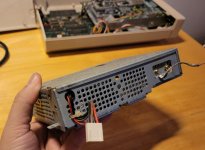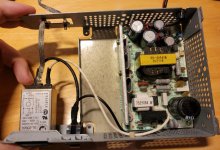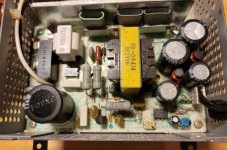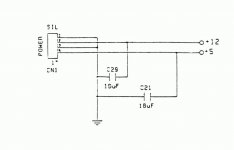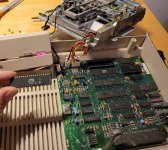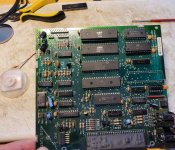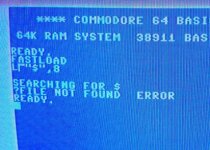VintageVic
Experienced Member
So, christmas came early for me today!
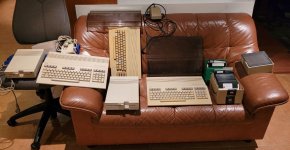
A bunch of untested Commodore stuff. Already tested the C64 as working. 1541 would not
read discs, due to rw head having more poo than my 4 day old boy in his diapers! Cleaning fixed that
drive.
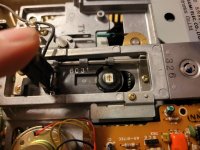
But to the topic; the 1571 unit is my first and I would really like to see if it is a working one.
The trouble is, that the unit has 117V psu and I live in a house with 230V power socket.
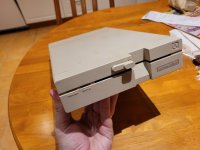
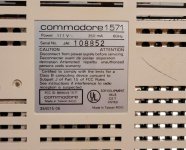
I must not be the only one with the same issue, so what was your solution ?
Converting the power supply inside the unit (somehow)? Getting external converter from 230V -> 117V ?
or.. ?
I could take recommendations here, I guess there could be a number of solutions to go with.
I have 1541-II power supplies and modern laptop psu:s that also have +5V and +12V in one, but
using those I might need to make a hole in the case and that would not look nice.
The C128's have only one power supply which seems to be busted. But that's a thing for another topic.

A bunch of untested Commodore stuff. Already tested the C64 as working. 1541 would not
read discs, due to rw head having more poo than my 4 day old boy in his diapers! Cleaning fixed that
drive.

But to the topic; the 1571 unit is my first and I would really like to see if it is a working one.
The trouble is, that the unit has 117V psu and I live in a house with 230V power socket.


I must not be the only one with the same issue, so what was your solution ?
Converting the power supply inside the unit (somehow)? Getting external converter from 230V -> 117V ?
or.. ?
I could take recommendations here, I guess there could be a number of solutions to go with.
I have 1541-II power supplies and modern laptop psu:s that also have +5V and +12V in one, but
using those I might need to make a hole in the case and that would not look nice.
The C128's have only one power supply which seems to be busted. But that's a thing for another topic.

